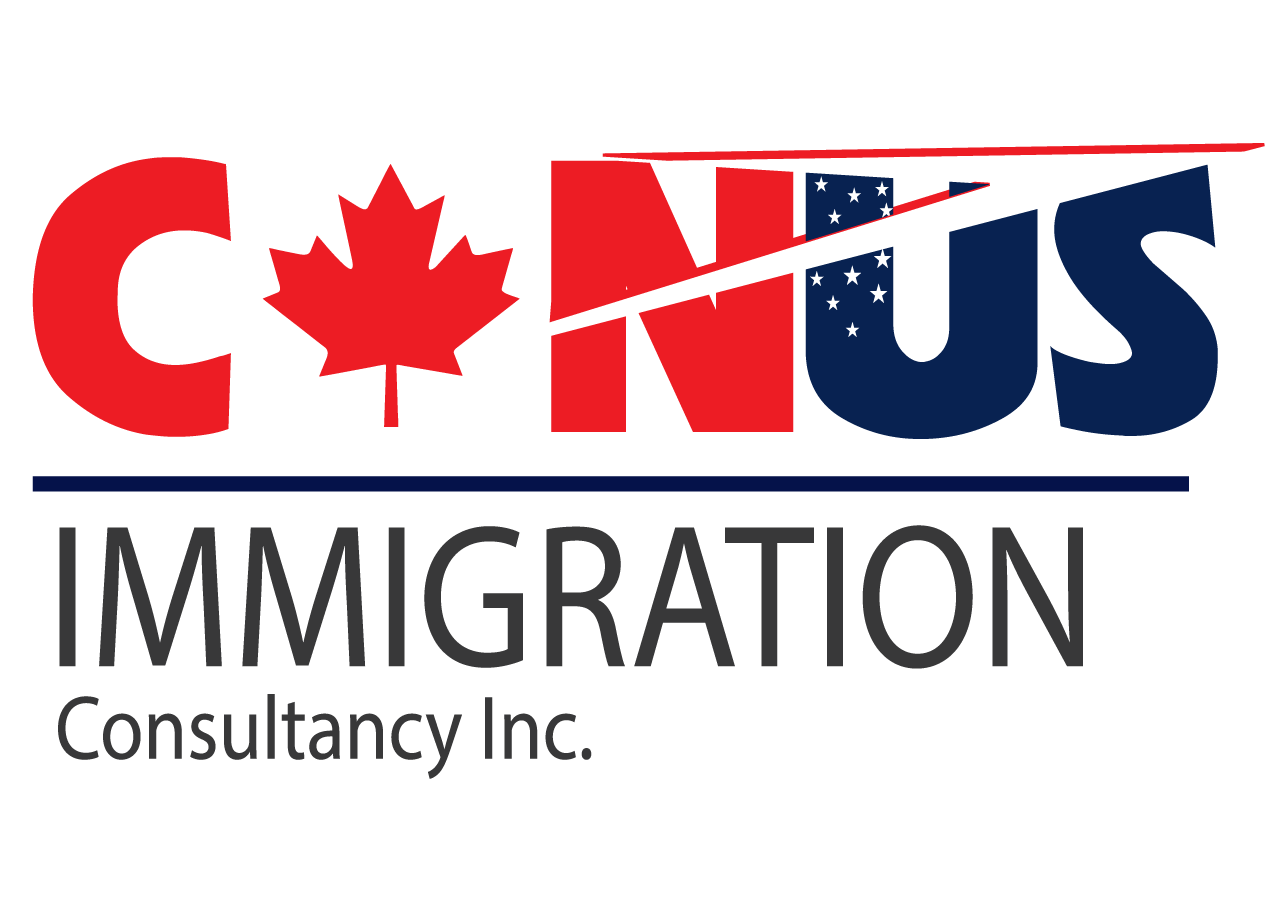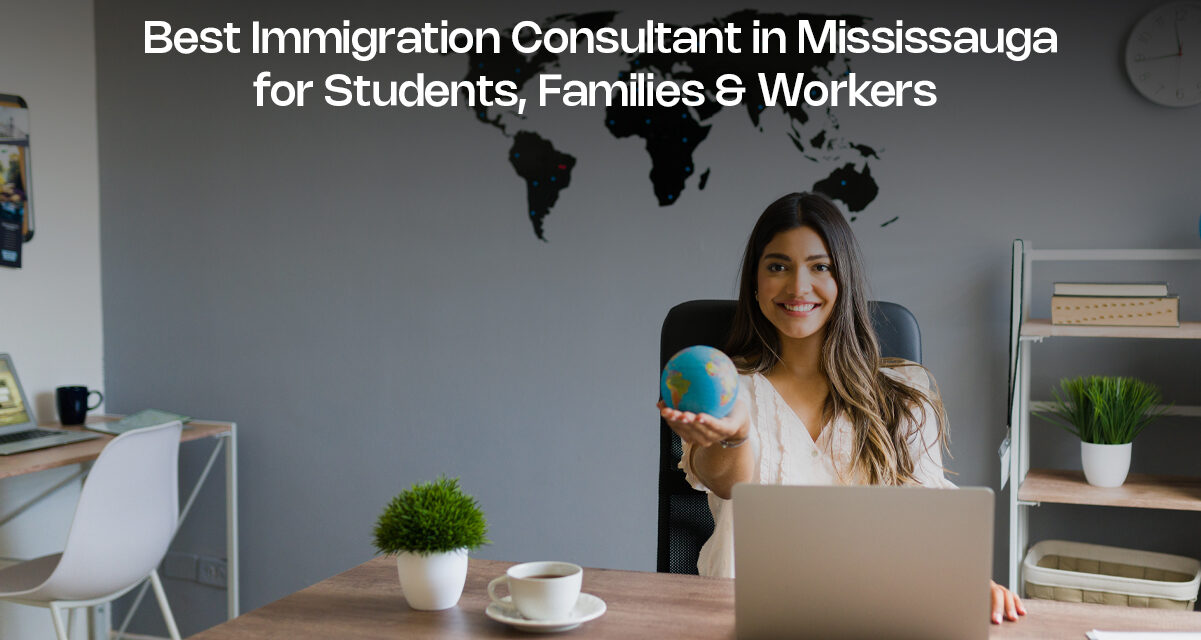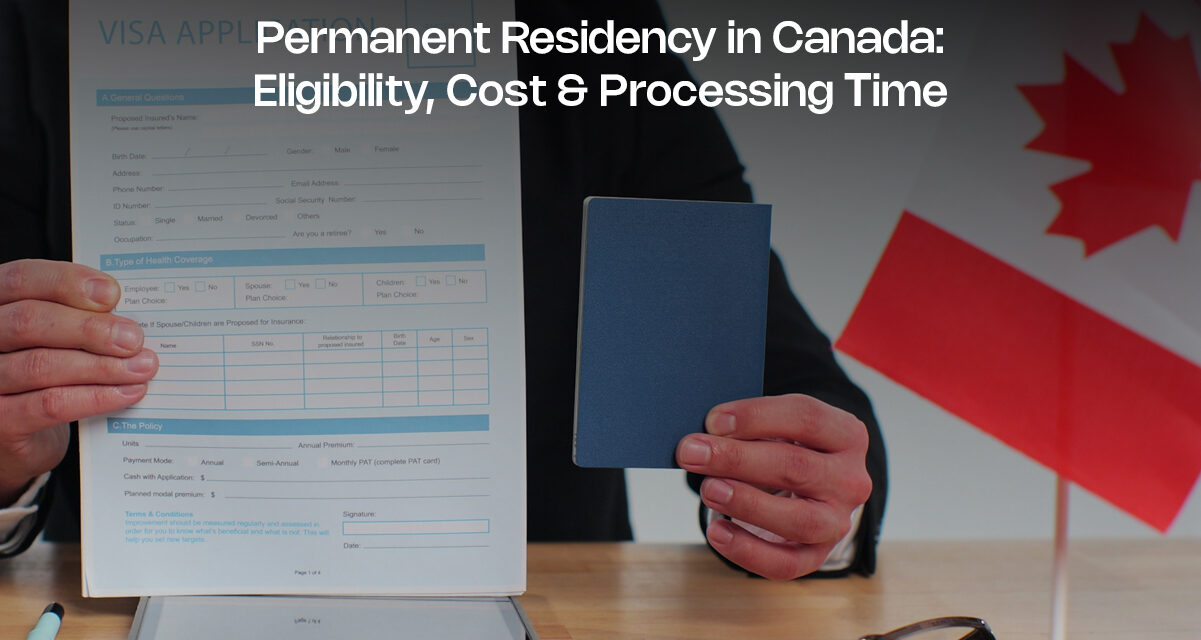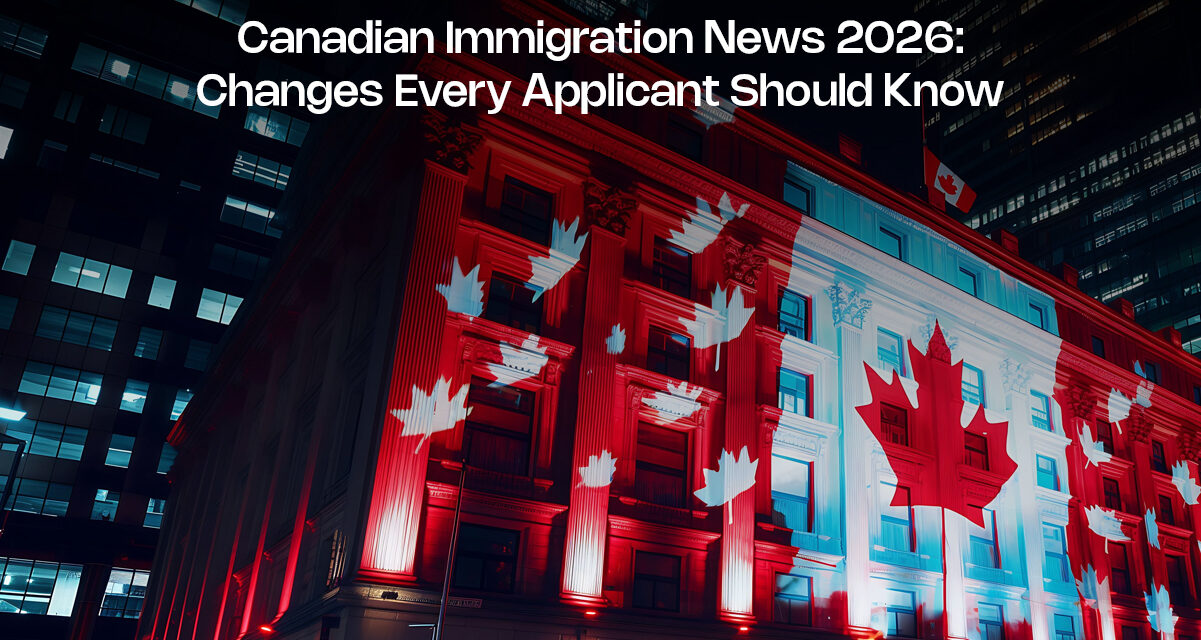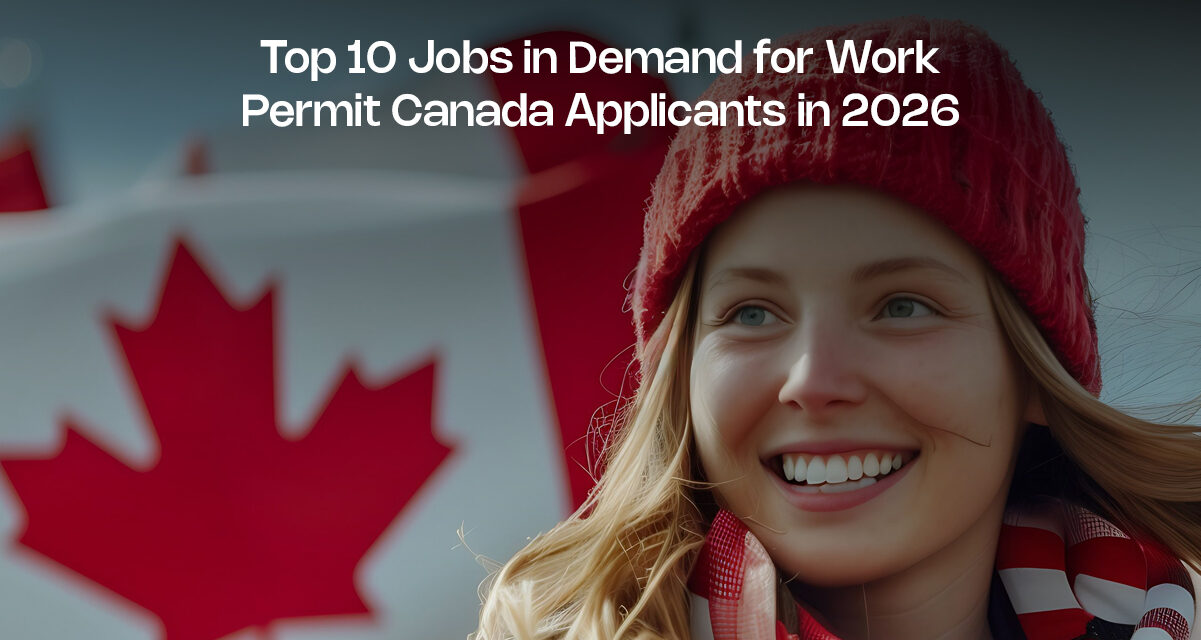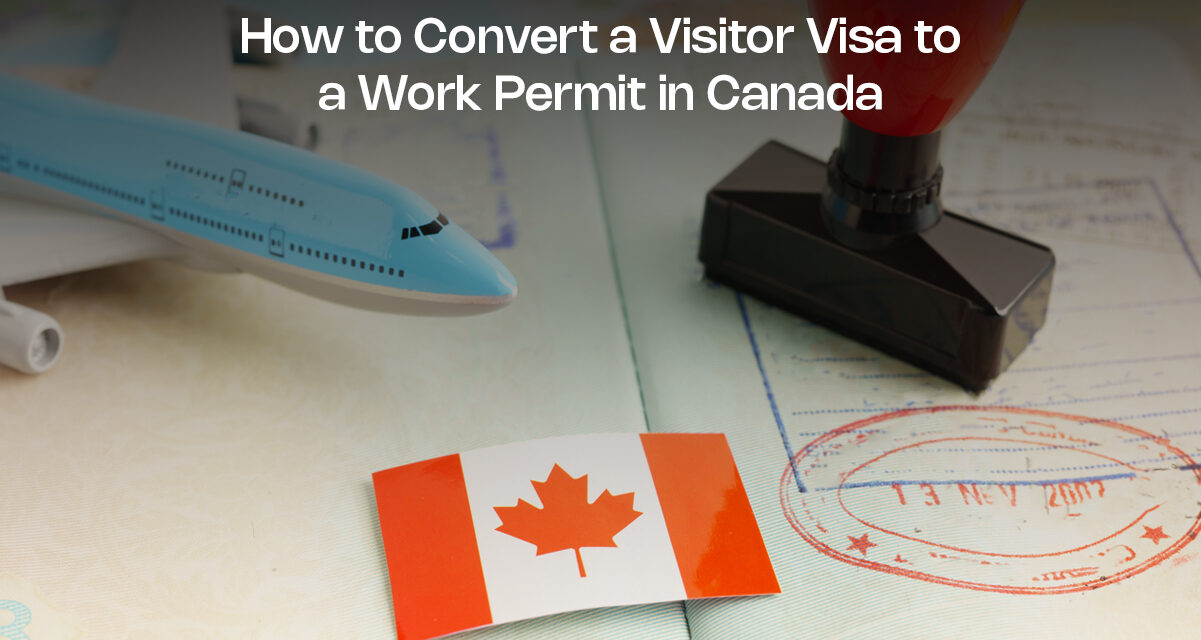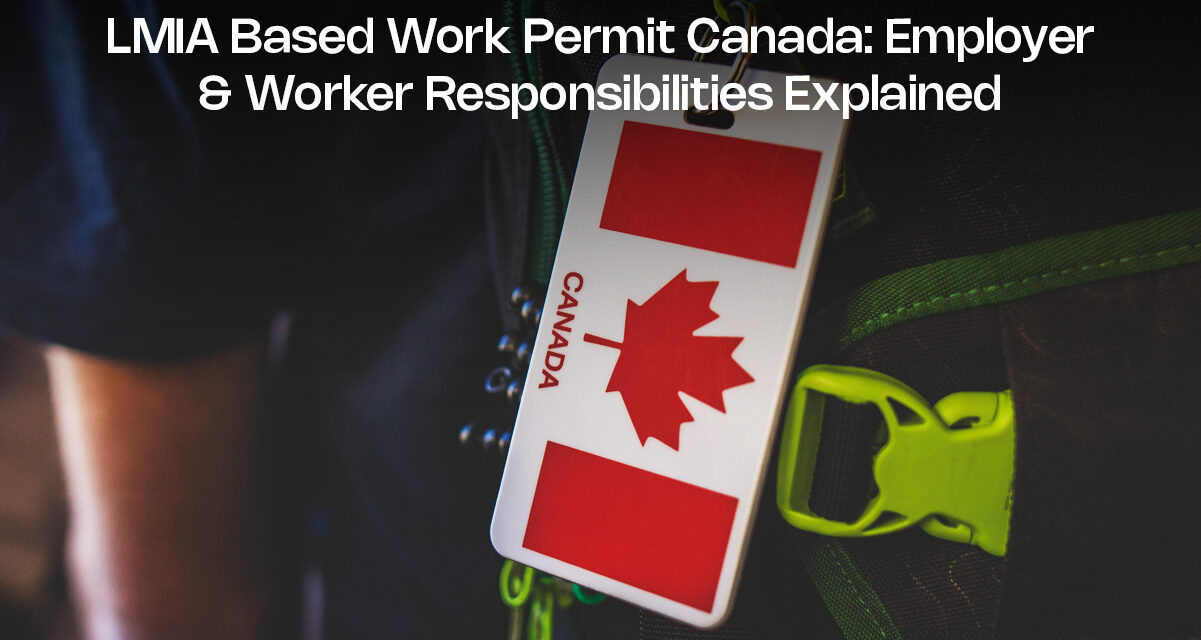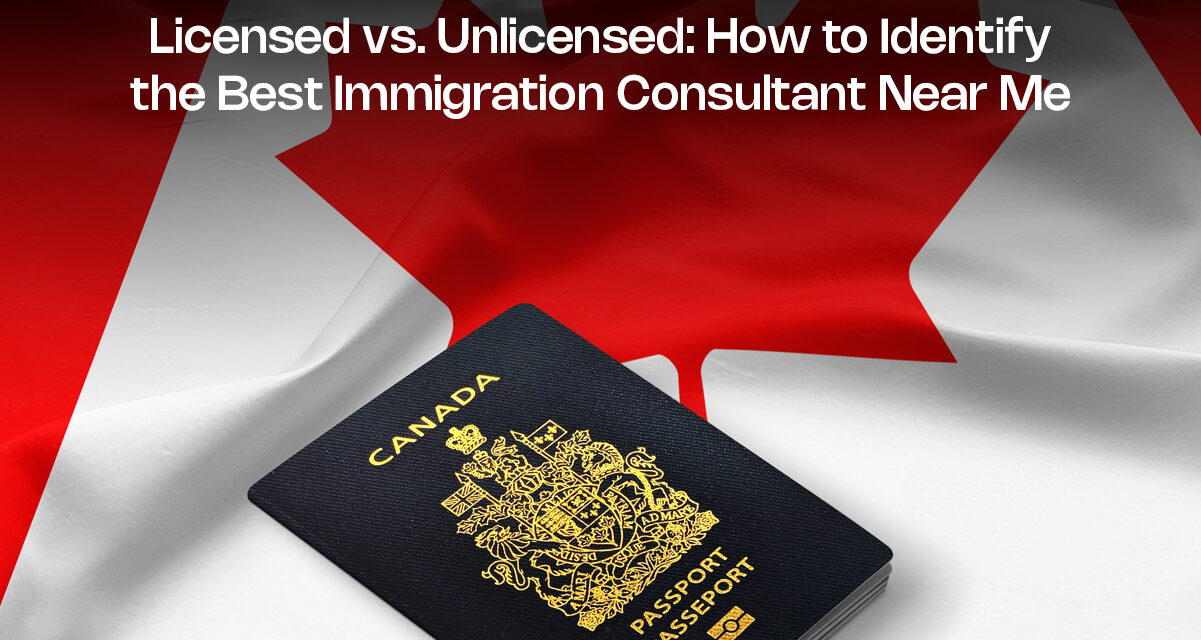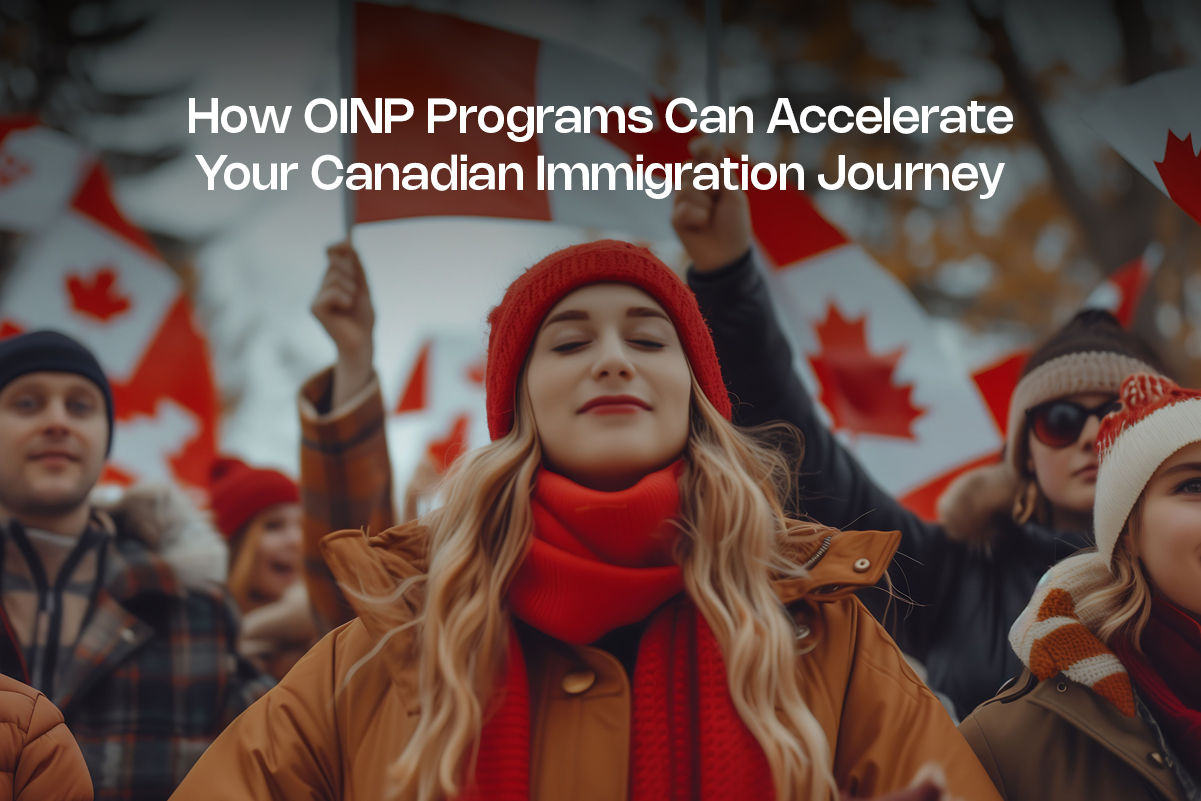How Can Canus Immigration Help With Spouse Open Work Permits Moving to Canada is exciting. But doing it without your partner? That’s tough. Many families face this challenge when one person gets a job or a study permit in Canada. The good news? Your spouse might qualify for a spouse open work permit. This document...
Best Immigration Consultant in Mississauga for Students, Families & Workers Your dream of moving to Canada feels close. You’ve researched pathways and read websites. You might have some half-completed forms on your desk already. Many people feel confused from this stage. One website says you qualify. Another says you don’t. You wonder if you’re wasting...
Permanent Residency in Canada: Eligibility, Cost & Processing Time Canada welcomes immigrants from around the world. The country offers many ways to get permanent residency. You can apply as a skilled worker, student, or family member. Knowing the process helps you plan better. Permanent residency gives you many benefits. You get healthcare and education access....
Canadian Immigration News 2026: Changes Every Applicant Should Know Canada’s immigration system entered a new phase on January 1, 2026. The federal government reduced permanent residence targets while tightening control over applications. Officers can now pause or discontinue files under specific conditions. Your application being “in process” no longer guarantees completion. These shifts affect skilled...
Top 10 Jobs in Demand for Work Permit Canada Applicants in 2026 Canada needs workers. Not just any workers though. Specific skills matter now. Your job choice affects everything. Permit approval depends on it. Family options change based on what you do. This guide cuts through confusion. Many people are seeking open work permit or...
Canada Family Sponsorship Program: Who Can Sponsor Whom?
December 19, 2025
Canada Family Sponsorship Program: Who Can Sponsor Whom? Canada values family reunification. The country welcomes families who want to stay together. The Canada family sponsorship program helps Canadian citizens and permanent residents bring loved ones to Canada. This program strengthens families across the nation. It helps newcomers settle with family support nearby. You need to...
How to Convert a Visitor Visa to a Work Permit in Canada You came to Canada as a visitor. Now you want to stay and work. Recent rule changes affect your options. Understanding these changes saves time and stress. Canada ended a special policy in August 2024. That policy lets visitors apply for work permits...
LMIA Based Work Permit Canada: Employer & Worker Responsibilities Explained Canada welcomes foreign workers through its work permit programs. The LMIA based work permit Canada system helps employers hire skilled workers. This system creates jobs while protecting Canadian workers. Employers and workers both have clear duties. Knowing these duties makes everything easier. Good preparation leads...
Licensed vs. Unlicensed: How to Identify the Best Immigration Consultant Near Me Moving to a new country changes your life. The immigration process has many forms and strict rules. One wrong step can delay your dreams for months or years. Many people search for help with their move. Finding someone who knows the system well...
How OINP Programs Can Accelerate Your Canadian Immigration Journey Canada offers many paths to permanent residence. The Ontario Immigrant Nominee Program is one of the best routes. OINP programs help skilled workers, entrepreneurs, and graduates move to Canada. Ontario has the most jobs and opportunities in Canada. The province welcomes thousands of new immigrants each...
